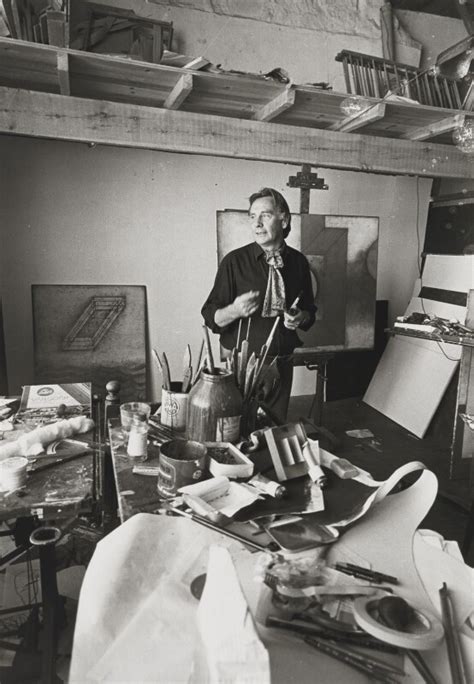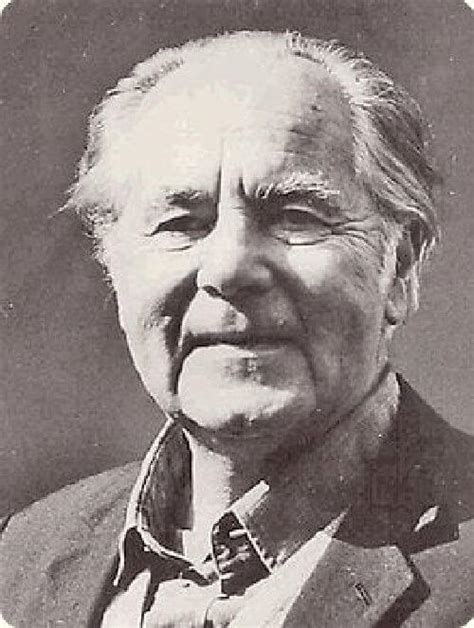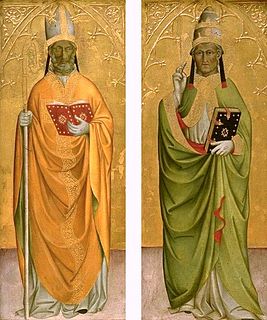A Quote by Maimonides
Know that for the human mind there are certain objects of perception which are within the scope of its nature and capacity; on the other hand, there are, amongst things which actually exist, certain objects which the mind can in no way and by no means grasp: the gates of perception are closed against it.
Related Quotes
Perception without the perceiver in meditation is to commune with the height and depth of the immense. This perception is entirely different from seeing an object without an observer, because in the perception of meditation there is no object and therefore no experience. can, however, take place when the eyes are open and one is surrounded by objects of every kind. But then these objects have no importance at all. One sees them but there is no process of recognition, which means there is no experiencing.
On our planet, all objects are subject to continual and inevitable changes which arise from the essential order of things. These changes take place at a variable rate according to the nature, condition, or situation of the objects involved, but are nevertheless accomplished within a certain period of time. Time is insignificant and never a difficulty for Nature. It is always at her disposal and represents an unlimited power with which she accomplishes her greatest and smallest tasks.
I think of consciousness as a bottomless lake, whose waters seem transparent, yet into which we can clearly see but a little way.But in this water there are countless objects at different depths; and certain influences will give certain kinds of those objects an upward influence which may be intense enough and continue long enough to bring them into the upper visible layer. After the impulse ceases they commence to sink downwards.
It is that faculty by which we discover and enjoy the beautiful, the picturesque, and the sublime in literature, art, and nature; which recognizes a noble thought, as a virtuous mind welcomes a pure sentiment by a involuntary glow of satisfaction. But while the principle of perception is inherent in the soul, it requires a certain amount of knowledge to draw out and direct it.
In Japan we have the phrase, "Shoshin," which means "beginner's mind." Our "original mind" includes everything within itself. It is always rich and sufficient within itself. This does not mean a closed mind, but actually an empty mind and a ready mind. If your mind is empty, it is always ready for anything. It is open to everything. In the beginner's mind there are many possibilities; in the expert's mind there are few.
We have no other notion of cause and effect, but that of certain objects, which have always conjoin'd together, and which in all past instances have been found inseparable. We cannot penetrate into the reason of the conjunction. We only observe the thing itself, and always find that from the constant conjunction the objects acquire an union in the imagination.
Imagination is the organ through which the soul within us recognizes a soul without us; the spiritual eye by which the mind perceives and converses with the spiritualities of nature under her material forms; which tends to exalt even the senses into soul by discerning a soul in the objects of sense.
If man did not exist as a world-spanning receptive realm of perception, if he were not engaged in this capacity, nothing at all could exist. 'Being,' in its traditional usage, means 'presence' and 'persistence.' To achieve presence, and thereby being, an entity requires some sort of open realm in which presence and persistence can take place. Thus an open realm of perception like that of human existence is the one being that makes being possible.
According to the technical language of old writers, a thing and its qualities are described as subject and attributes; and thus a man's faculties and acts are attributes of which he is the subject. The mind is the subject in which ideas inhere. Moreover, the man's faculties and acts are employed upon external objects; and from objects all his sensations arise. Hence the part of a man's knowledge which belongs to his own mind, is subjective: that which flows in upon him from the world external to him, is objective.








































